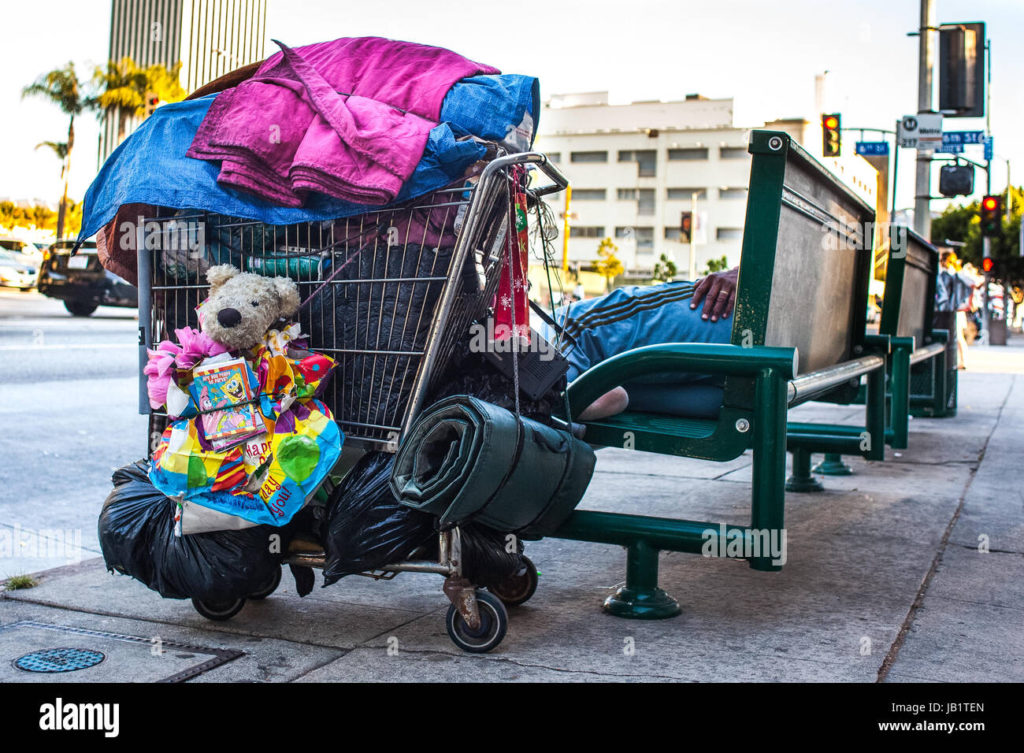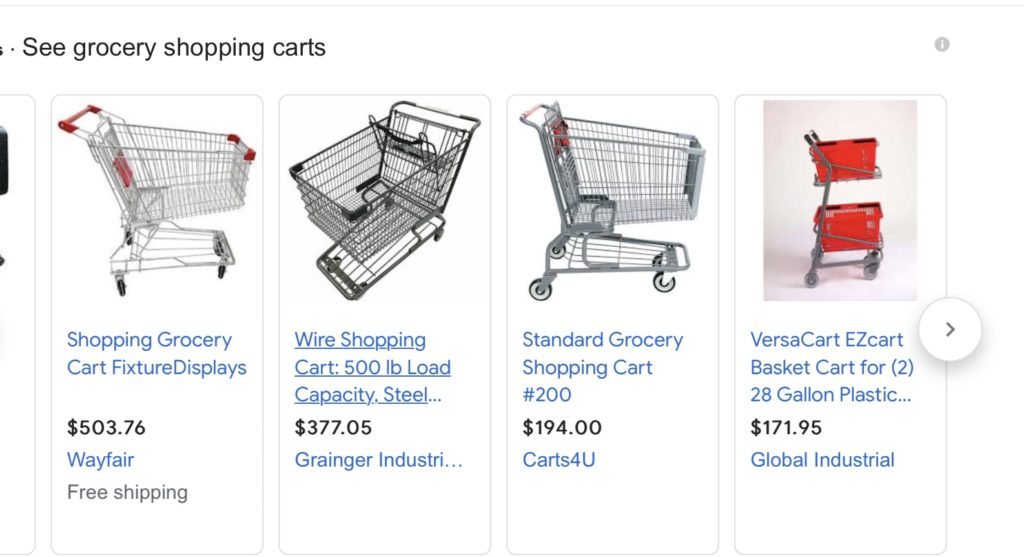I’m not much of a grocery store shopper, maybe because I’ve cooked a total of 10 meals in my life. Maybe.
But I’ve discovered something that’s shot to the top of my shopping list whenever I go to Ralph’s, Food 4 Less or any other grocery store in the San Fernando Valley: a shopping cart.
They used to be easy to find in the Valley. A couple of them used to live at the end of my block. I once commandeered a cart to bring home motorcycle gear walking from the shop.
But a pandemic, recession and rising homeless population have made shopping carts harder to find than an honest plumber.
Two weeks ago, I found an abandoned cart in an empty parking space of my Ralph’s (the outdoor corral and entire store were empty). Last week, I found a cart but left my wallet in the car. When I tried to walk the cart to my car, the front wheels locked when I passed the security sensor. Yesterday required a five-minute search-and-shop scour.
I asked the store manager what happened.
“It’s the homeless,” she sighed. ”They’re even asking for them when people are packing their cars.”
She said the store had begun alerting customers to not feel rushed into unpacking. ”That cart is theirs as long as there’s something in it.”
But once the cart is empty, she said, clerks have to rush to fetch them.
Even with the store mandate, ”We can’t keep up,” she confided, unaware that the customer was an old newspaperman. So, being one, I researched the problem when I got home. Jesus.
According to the Food Marketing Institute, 2 million grocery carts are stolen every year, costing individual stores $8,000-$10,000 annually. Supermarketnews.com estimates a cart is stolen every 90 seconds. And those studies were pre-pandemic, in the age of human contact and heavy metals.
Now, a lifted cart is serious larceny. I Googled the cost of roll cages, and they routinely run from $200 to $500 – without an anti-theft system.
The solution is obvious and impossible: a return to the days when a clerk would help you load the car. Those went the way of the full-service gas station, and corporate Darwinism all but guarantees their permanent extinction.
And L.A. is its own nation-state: If it is happening here, it is likely headed to the other 49 – if it’s not already there.
Covid has proved a seismic shaking of the tree. All assumptions of everyday life are on the table, from the jobs we’re willing to work to the people we’re willing to talk to. I guess shopping carts shouldn’t be a surprise casualty.
Still, I had big plans for my 11th meal.


